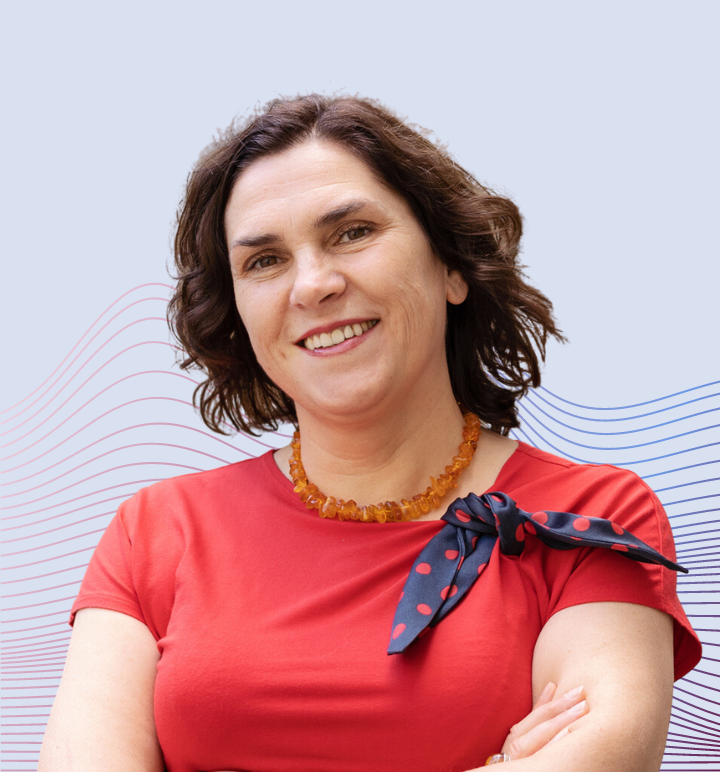


See you in Vilnius!
ECSWRAbout ECSWR
European Conference for Social Work Research (ECSWR) is the biggest annual social work research event in Europe. The conference is the primary space for members of the European social work research community to gather and get to know each other, to share high quality research and expertise, and to build collaborative relationships and networks.
Welcome to VILNIUS!
The Local Organizing Committee is pleased to invite scholars from all over Europe and beyond to attend the 13th European Conference for Social Work Research, taking place on April 17-19, 2024 in Vilnius, Lithuania.
The central theme of the conference is “Envisioning Future: Social Work Research and Discourse in the Age of Industry 4.0 ” and it will focus on social work research that looks more closely at how technological innovations and communication through technologies are changing and shaping social work interactions, relationships, interventions and practices.
It is a great opportunity to share your research as well as to network and collaborate with peers and colleagues from social work research community. Also, get to know Vilnius – the capital of Lithuania, celebrating its 700th birthday in 2023.
Welcome to ECSWR 2024!
Keynote SPEAKERS
Oksana Boiko
National University of Kyiv, Ukraine
Oksana Boiko
National University of Kyiv, Ukraine National University of Kyiv-Mohyla Academy, Ukraine
National University of Kyiv-Mohyla Academy, UkraineOksana Boiko
TOPIC: Social Work Digitalization: Case of Ukraine
Bio:
Oksana Boiko, an Associate Professor, Chair of the Department School of Social Work named after Professor Volodymyr Poltavets at the National University of Kyiv-Mohyla Academy (NaUKMA), in Kyiv, Ukraine. Her research interests are: international social work; social work and mental health; strengthening community resilience. She is the first in Ukraine holder of PhD in Social Work, has significantly contributed to development of national educational and professional standards for social work in Ukraine. She has been a member of National MHPSS Technical Working Group in Ukraine for the last 7 years, a WHO trainer on MhGAP, WHO Ukraine Consultant, National community crisis trainer and manager. Since February 2022 Oksana Boiko has been a lead coordinator from Ukraine for the Initiative for Support and Solidarity with Social Work Educators from Ukraine (by the support of IASSW, EAsrSSW, EASSW).
She has over twenty-two years’ experience of working as a researcher, a coordinator, an expert, a trainer in various national and international projects on social work research, education and training, mental health and psychosocial support, community crisis management, international social work. She has published extensively on social work education, international social work, community crisis networking, social work and mental health, including academic and practice manuals.
Abstract:
The presentation will explore the specific of digital social work in few years before and during the full-scale war in Ukraine. Various patterns of social work digitalization will be explored, including the concept of the National Register of social services providers and users, a subsystem of the Unified Information System in social sphere, digital platform E-Support and others. Implications of introducing e-service in Ukraine will be explored in relation to challenges for social workers’ skills and competences, barriers and challenges for social work clients. Major common ethical and human rights issues resulted from digital social work in Ukraine in humanitarian and organizational contexts during the war will be discussed. Implications for social work education, research, policy and practice will be explored.
Boguslavas Gruževskis
Vilnius University, Lithuania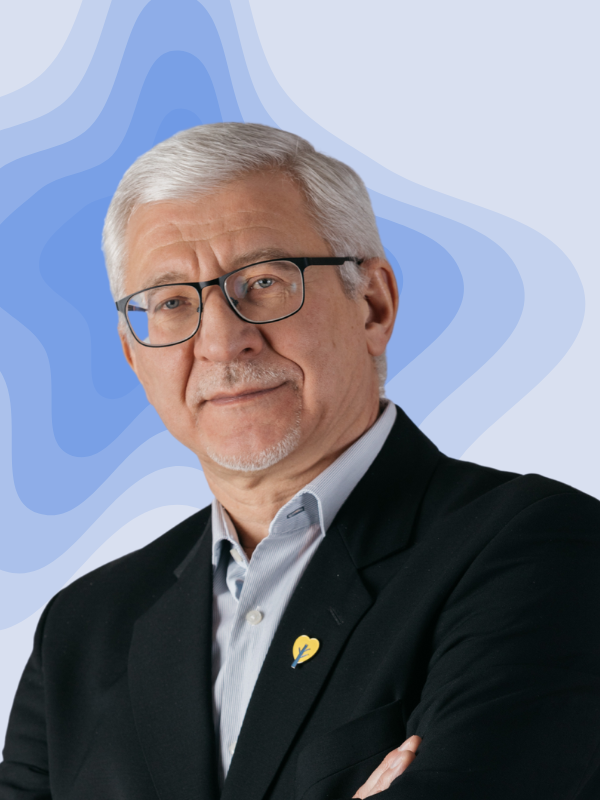
Boguslavas Gruževskis
Vilnius University, Lithuania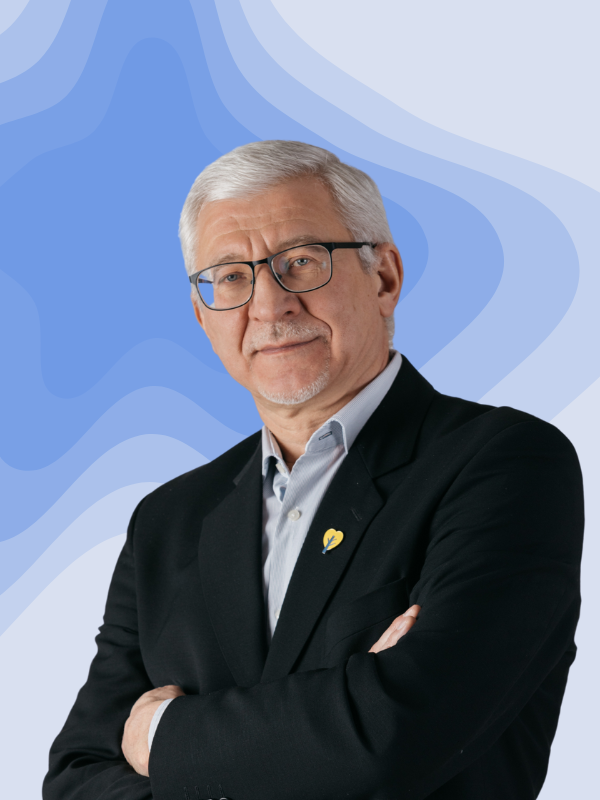 Vilnius University, Lithuania
Vilnius University, Lithuania
Boguslavas Gruževskis
TOPIC: Social Work Under the Crisis of Anthropogenesis: Towards Humanity or Efficiency?
Bio:
Boguslavas Gruzevskis, Professor at Vilnius University, Social Policy Department. Director of Lithuanian Centre for Social Sciences. Former Advisor to the Prime Minister. Expert on employment, labour market policy, social work and social dialog for the World Bank, European Commission, OECD, ILO, etc.
He has more than 30-year experience of working with public administrations on national/international and local/regional level managing several projects on the social security, social work and labour market both at research and policy design level, as well as in the field of education, vocational training, social inclusion and HRD. He is very well familiarised with the policy of the EU in the field of social security and employment policy being a Lithuanian member of the European Employment Policy Observatory network from 2003.Abstract:
The basis for talking about the crisis of anthropogenesis is provided by: intensifying climate change, ecological changes and the growth of inequality on an unprecedented scale. Traditional economic relations and business orientation towards increasing profits do not ensure harmonious social development in many countries of the world since the end of the 20th century. Artificial intelligence (AI) by increasing productivity more and more reduces employment. In such a situation, a false conclusion is often made that information technologies pushes people out of economic activity. This is not true. A person is displaced by another person, the owner of technology, who increases his profit, correspondingly increases inequality and social disproportions in society. How should the content of social work change in such a situation? Could the Workfare model ensure effective social work in a post-modern (perhaps trans-humanist) society? Can universal basic income be a suitable alternative to declining employment?
Olya Khaleelee
Psychologist and Consultant, UK
Olya Khaleelee
Psychologist and Consultant, UK Psychologist and Consultant, UK
Psychologist and Consultant, UKOlya Khaleelee
TOPIC: AI Revolution, Social Cohesion and Possible Implications for the Social Work Profession
Bio:
Olya Khaleelee is a corporate psychologist and organisational consultant with a particular interest in leadership, and organisational transition and transformation. She is a professional partner of the Tavistock Institute and was the first female director of the Leicester Conference on the theme of Authority, Leadership and Organisation. She is the Chairwoman of a charity - OPUS: an Organisation for Promoting Understanding of Society - which promotes development of the reflective citizen. Olya has published extensively in the areas of leadership and system psychodynamics in organisations, and beyond, into society. She has co-authored two books with Halina Brunning, the first entitled: “Danse Macabre and other stories – A psychoanalytic perspective on global dynamics”, published in 2021, and in 2023, they co-edited a second book entitled “The Covid Trail - Psychodynamic Explorations”, both published by Phoenix, now Karnac. A third book, “Sitting on a Suitcase” is in preparation
Abstract:
This presentation outlines some of the positive and threatening aspects of the AI revolution on work life, employer/employee relations, on mental health and on the probable erosion of trust in organisational and public life, due to uncertainty about what is fake and what is real. It considers the impact of these developments on society and social cohesion, speculates on whether the implementation of universal basic income might be necessary to maintain social harmony as AI replaces jobs and professions, and ends with some thoughts and questions about how AI might impact on the profession of social work.
Wim Van Lancker
KU Leuven, Belgium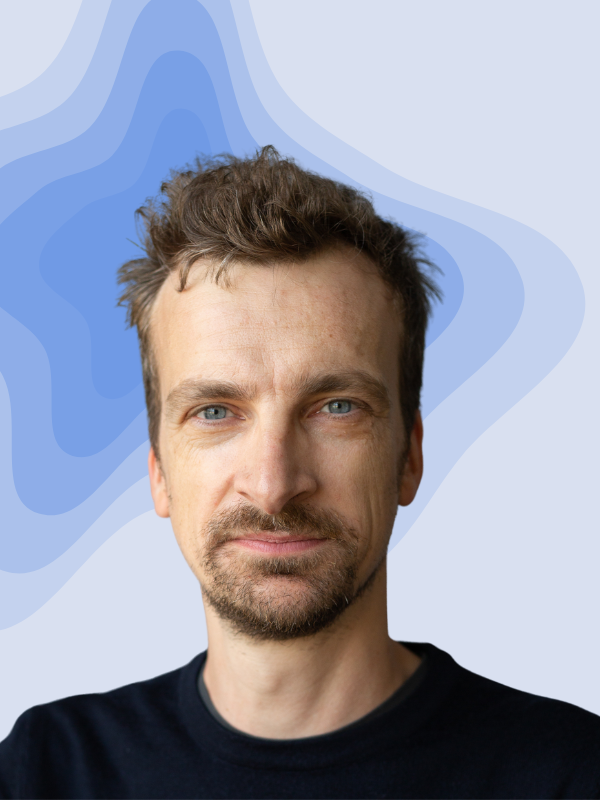
Wim Van Lancker
KU Leuven, Belgium KU Leuven, Belgium
KU Leuven, BelgiumWim Van Lancker
TOPIC: Automation is not the Enemy: How Digitalization Can Make for Better Social Work?
Bio:
Wim Van Lancker is an associate professor of social work and social policy at the Centre for Sociological Research, KU Leuven, in Belgium. He heads the research institute for Social Policy, Social Work, Family and Population Dynamics (ReSPOND). His research agenda is focused on social policies, their design and implementation through institutions and social interventions by social workers as well as their social legitimacy. Recent work appeared in the American Sociological Review, Socio-Economic Review, Journal of Social Policy and Journal of European Social Policy. More information at www.respond-research.eu and www.wimvanlancker.be.
Abstract:
Within social work research and practice, digitalization is usually regarded in a negative fashion. It is well known how an increasing reliance on automated process risk increasing social inequalities, that many social workers are concerned of becoming screen-level bureaucrats which would jeopardize their professional capacity, and that algorithmic decision-making processes are increasingly replacing the human factor in modern bureaucracies which will in particular affect the most vulnerable people seeking support. While these concerns are important and warrant, in this keynote lecture I will discuss how and under what circumstances digitalization and the fourth industrial revolution increases the potential of social work to improve the living conditions of those at risk. Drawing on recent, on-going research, I will focus on outreaching practice, social assistance benefits, and the non-take up of social rights to demonstrate the potential of digitalization for social work.
Mandi MacDonald
Queens University Belfast, UK
Mandi MacDonald
Queens University Belfast, UK Queens University Belfast, UK
Queens University Belfast, UKMandi MacDonald
TOPIC: Navigating the Digital Social Ecology: Technology-mediated Family Practices and Digital Kinship.
Bio:
Dr Mandi MacDonald is a Senior Lecturer in Social Work in the School of Social Sciences, Education and Social Work at Queens University Belfast and is Co-Director of the Centre for Child, Youth and Family Welfare. Mandi practised extensively as a social worker in statutory child welfare services before joining the university. Her teaching and research focus on supporting families, and on the needs and rights of children and young people who are in out-of-home care or adopted, especially the experience of family life in permanent placements. She has a particular interest in the application of trauma-informed approaches, children’s use of digital communication technology for supporting birth family connections in alternative care and adoption, and in enhancing the supportive social networks of care-experienced young people.
Mandi was honoured to receive the European Social Work Research Association’s award for Outstanding Publication in European Social Work Research 2022 for the paper entitled "Digital relationality, rights, resilience: conceptualising a digital social ecology for children’s birth family relationships when in care or adopted" co-authored with colleagues from Queens University Belfast and the University of Sydney.
Abstract:
The ubiquity of digital technology in daily life makes it both an integral part of and bridge between our various social systems, not merely a communication tool. Contemporary relational social work, therefore, requires an understanding of human interaction in the sociotechnical context where people and digital technologies intersect and interact. This paper will explore how social work can navigate the digital social ecology, outlining three key aspects that infuse all levels of social systems: digital relationality (technology-mediated relationships); digital rights (protection of online safety and opportunities); and digital resilience (digital skills and ability to negotiate online experiences). The presentation challenges the notion of digital dualism which perceives online interactions as ‘virtual’ and less ‘real’ than physical interactions, suggesting instead that technology-mediated relationships are not a simulacrum, but can be very real, as are the emotions they generate. It will, therefore, focus on the first of these ‘Digital 3 R’s’, digital relationality. Much social work practice engages with people who are separated from significant family relationships, either through social work intervention, as in the field of child welfare and out-of-home care, or through circumstance, for example migration and asylum-seeking.
The paper will explore the opportunities, challenges and subjective realities of digitally-mediated kinship for separated families, including: how a sense of family is constructed through technology-mediated family practices; the potential for digital technologies to facilitate emotional closeness between physically distant individuals; children and young people’s agency and technology use; the implications of commercial realities leading to digital interactions that are not always person-led or person-centred. It will consider what this means for how social workers support and help sustain significant kin connections in a digital world.
Jane Reeves
University of Kent, UK
Jane Reeves
University of Kent, UK University of Kent, UK
University of Kent, UKJane Reeves
TOPIC: “If You Always Do What You Always Did You’ll Always Get What You Always Got” Einstein.
Bio:
Professor Jane Reeves is an Emeritus Professor for the University of Kent. A qualified social worker, Jane worked in the UK with children in the care system. After completing her MPhil and PhD on children who become parents whilst in the care, she worked at the University of Greenwich and pioneered a prototype of a child protection simulation. In 2012 Jane moved to the University of Kent and, with Professor David Shemmings, set up the Centre for Child Protection, Centre focusing on innovative approaches to social work and inter-professional teaching and learning. Working alongside partners she has designed and rolled out 12 child protection simulations, some avatar based but all using gaming techniques to enhance teaching and learning approaches. Some simulations are designed just for social worker & professional use (The "Rosie" Suite of Simulations) and others designed as training for professional but also as direct work tools with children and young people, focusing on grooming for child sexual exploitation and radicalization ("Lottie", "Zak", "Young Zak" and "Behind Closed Doors") and more recently grooming in sport ("Safeguarding Izzey") with funding from Sport England.
She has also worked recently with International Partners on a UNICEF preventative education programme in Thailand and Cambodia, designed for children 8-13 and professionals, to tackle webinar and online sexual abuse. Jane has published on her work on simulations and is currently an Inspector for Social Work England and is working with Frontline in the UK.
Abstract:
This presentation will look at the use of technology and how it is currently being used in social work training and direct practice with children and young people, via interactive simulations. As an Inspector for Social Work England it is a privilege to have a helicopter view of teaching and learning approaches in social work training. Moreover, as a founder of the Centre for Child Protection at the University of Kent I have worked hard to integrate technology into pre- and post-qualification training via the design of simulations. Working in partnership inter-professionally and with Government agencies in the UK and NGO’s and UNICEF Internationally, I have led on the design of two suits of interactive, digital gaming simulations; one suit specifically targeted to professionals (“The Rosie Suit”) and the other, direct work tools for professionals to use in practice with children and young people (“The Grooming Suit”).
This presentation will unpack the ingredients of these simulations and argue that for professional training they are the future; we must go beyond the paper case study and a film to encourage social workers to talk about the emotions, the ‘hot cognitions’ that come, in particular with complex child protection cases; simulations offer the opportunity to feel these emotions in ways that a piece of paper does not. Additionally, the online world of children and young people is often hard to address with them in relational practice and when we consider recent evidence from the National Police Chiefs Council report that over 52% involved reports of children (aged 10 to 17) offending against other children, this peer on peer abuse becomes a practice focus for child abuse. Using simulations with children and young people is a way of entering their online world to start to tackle this
Mai Yamaguchi
Japan Lutheran College, Japan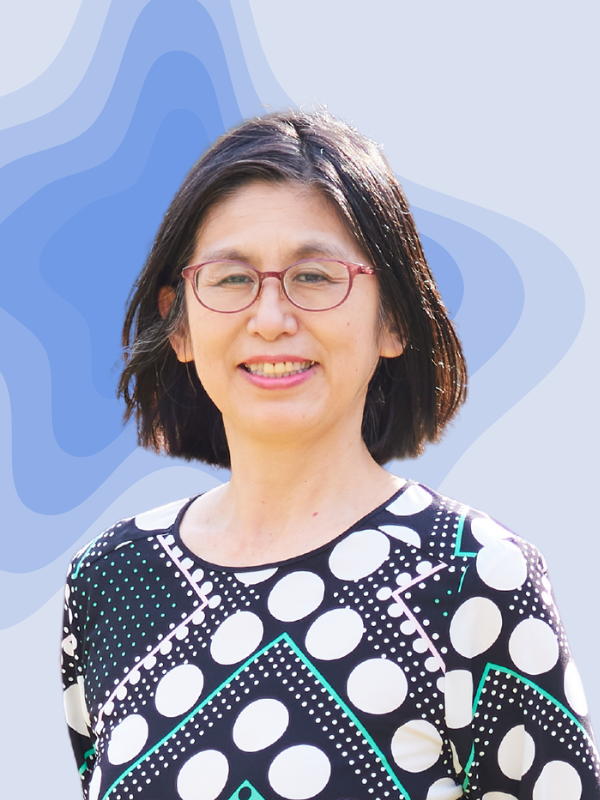
Mai Yamaguchi
Japan Lutheran College, Japan Japan Lutheran College, Japan
Japan Lutheran College, JapanMai Yamaguchi
TOPIC: Impact of Digitalization on Social Care and Social Work: Practical and Ethical Issues Found from Japanese Experience
Bio:
Mai Yamaguchi is a Professor in Department of Integrated Human Studies and Graduate School of Social work at Japan Lutheran College, Japan. She is Director of the Comprehensive Clinical Consultation Centre at Japan Lutheran College and Director of Carers Japan. MSG (University of Southern California, USA); PhD in Social Work (Sophia University, Japan). Her research interests are:
- Long term care and supporting carer;
- Gerontological Social work
- Social care and technology.
Professor Yamaguchi has implemented and/or joined numerous research projects in the fields of Long-term Care and/or Studies on caring. She has led the Japan-Lithuania Joint Seminar (Technologies in Social Care: Considering Future Directions for Social Work Professionals in Japan and Lithuania) in 2019.
Abstract:
As we faced the rapid technological innovation around globe, it is important to discuss what changes technology would bring about to policy, practice, education and research in the field of social work and social care. Especially in Japan, due to demographic challenges and a shortage of human service workers, the importance of DX (Digital Transformation) is argued. The presentation aims to explore the impact of digitalization on social care and social work and to consider practical and ethical issues found from Japanese experience. I would like to explain the Japanese experience of political and practical shift toward various type of digitalization including robotization, AI assisted practice, and other technological innovations in social care and social work. Discussion includes the impact of digitalization on social work and social care and practical and ethical issues found from Japanese experience. Implications for social work practitioners, educators and researchers will be explored.
datesImportant DATES
Important DATES
- Abstract submission deadline: OCTOBER 8, 2023
- Expression of interest for SIG Event deadline: OCTOBER 23, 2023
- Registration opens: OCTOBER 31, 2023
- Notification of acceptance: DECEMBER 1, 2023
- Pogramme for SIG event: JANUARY 15, 2024
- Deadline for presenters registration: JANUARY 31, 2024
- Early Bird Registration: FEBRUARY 23, 2024
- Instructions for oral and poster presentations: MARCH 5, 2024
Local Organising COMMITTEE
Eglė Šumskienė
Co-Chair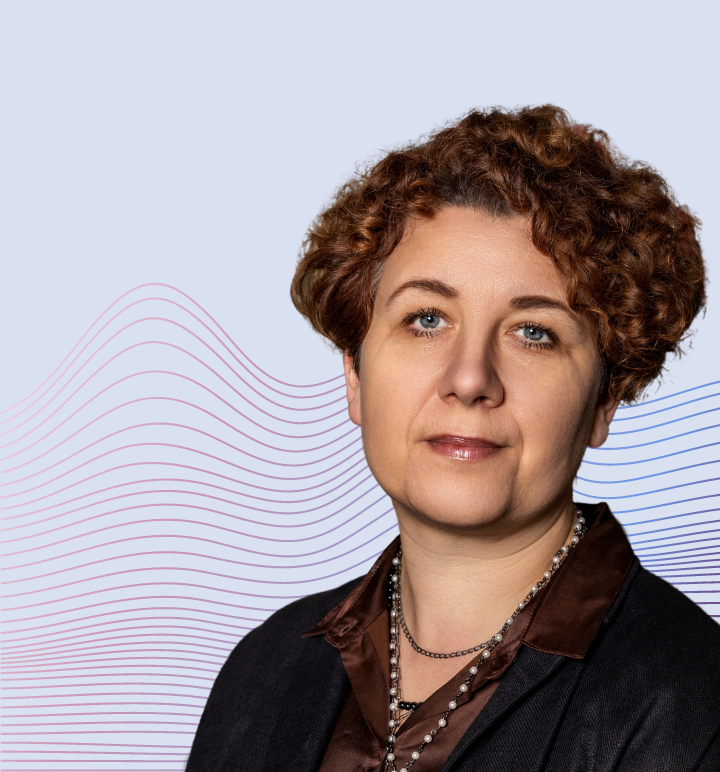
Eglė Šumskienė
Co-ChairInés Martínez
Co-Chair
Inés Martínez
Co-ChairLaimutė Žalimienė
Vilnius University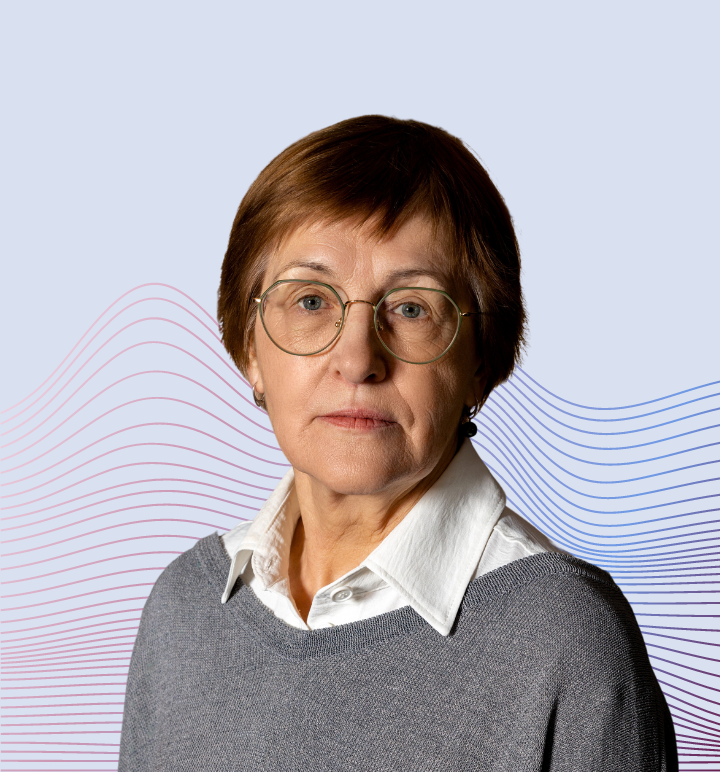
Laimutė Žalimienė
Vilnius UniversityBirutė Švedaitė-Sakalauskė
Vilnius University
Birutė Švedaitė-Sakalauskė
Vilnius UniversityMiroslavas Seniutis
Vilnius University
Miroslavas Seniutis
Vilnius UniversityDonata Petružytė
Vilnius University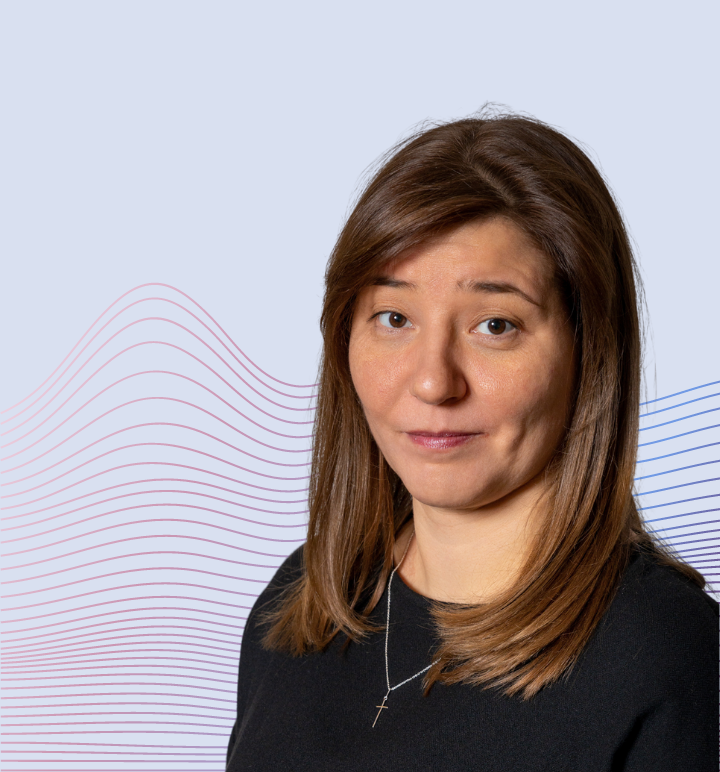
Donata Petružytė
Vilnius UniversityJurga Mataitytė-Diržienė
Vilnius University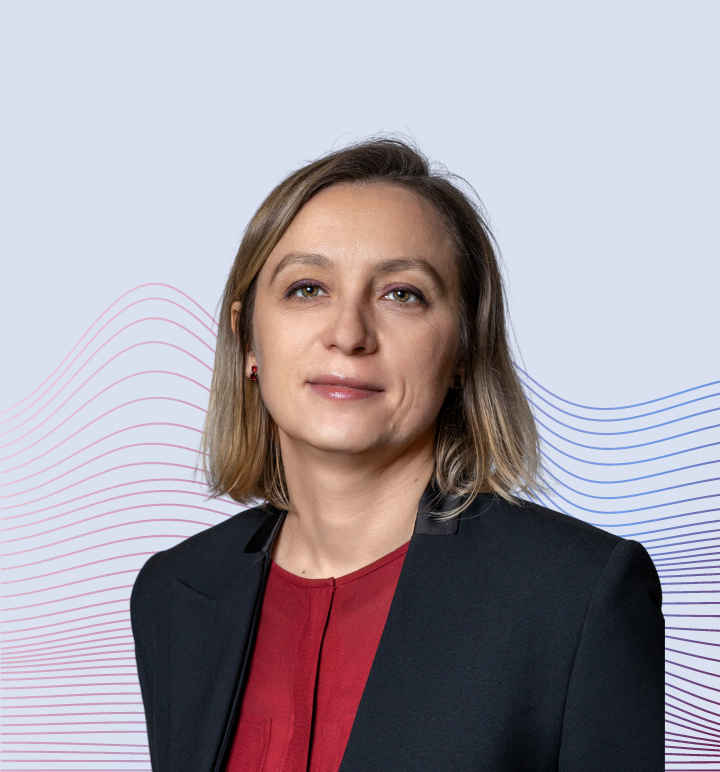
Jurga Mataitytė-Diržienė
Vilnius UniversityLijana Gvaldaitė
Vilnius University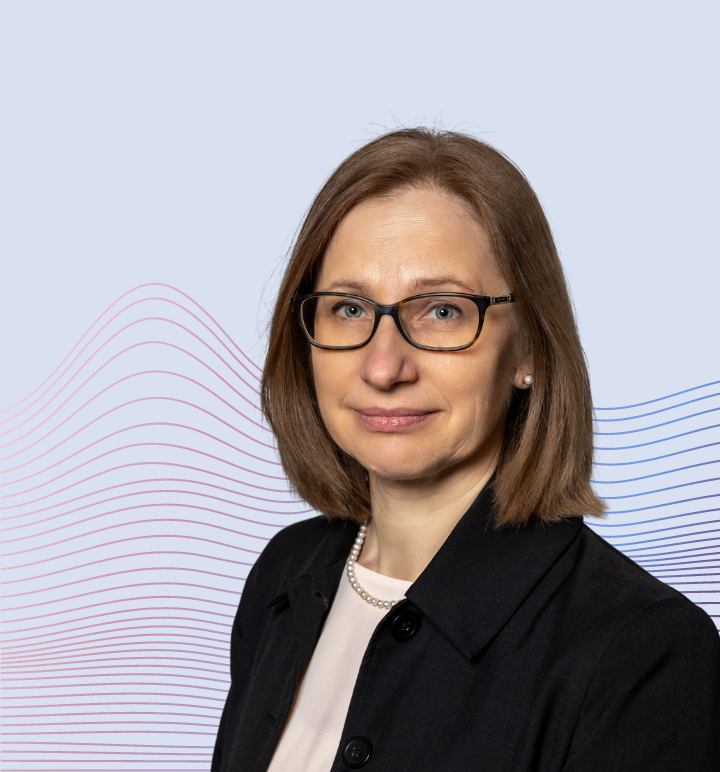
Lijana Gvaldaitė
Vilnius UniversityVioleta Gevorgianienė
Vilnius University
Violeta Gevorgianienė
Vilnius UniversityEugenijus Dunajevas
Vilnius University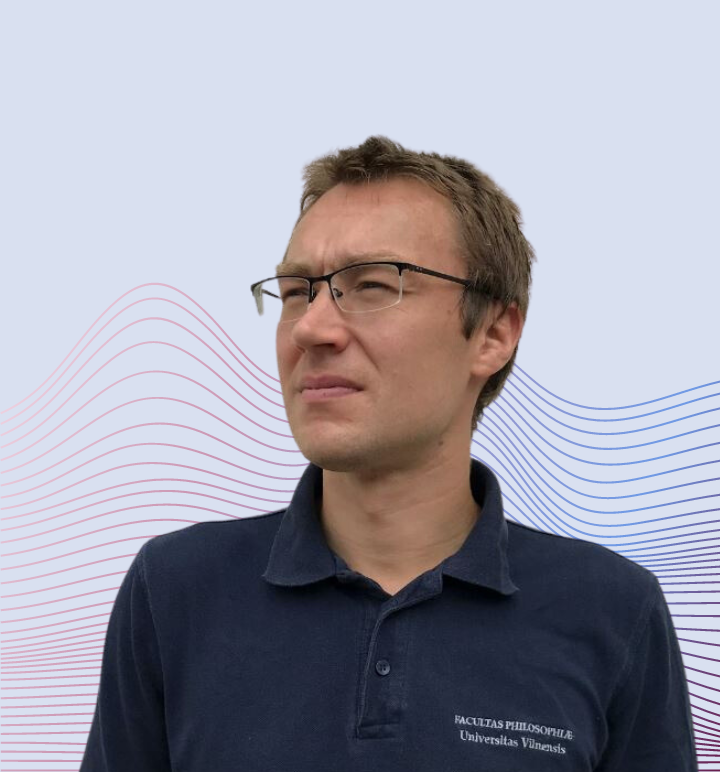
Eugenijus Dunajevas
Vilnius UniversityJūratė Charenkova
Vilnius University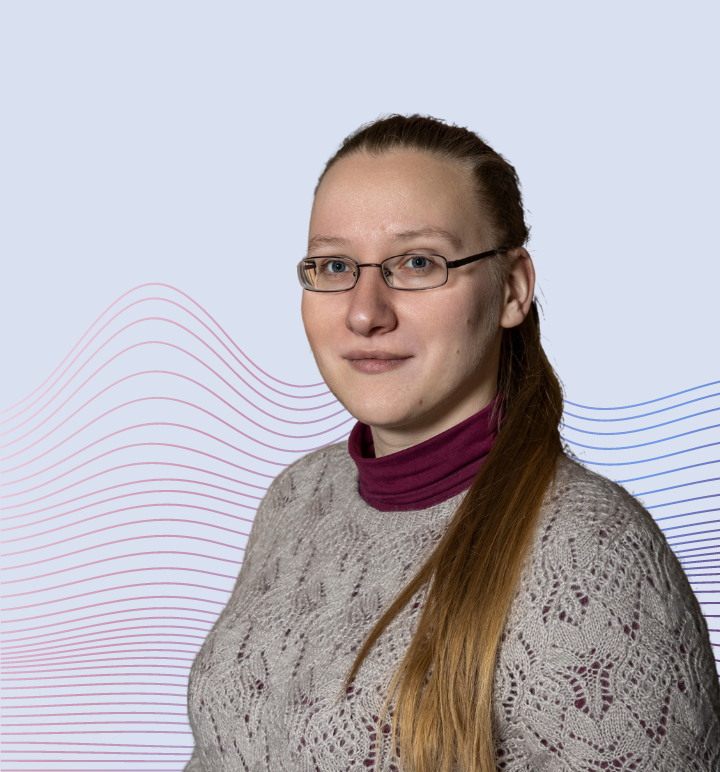
Jūratė Charenkova
Vilnius University
venueConference VENUE
The 13th European Conference for Social Work Research, will take place in Radisson Blu Hotel Lietuva, located on
Konstitucijos av. 20, Vilnius, Lithuania
Conference VENUE
The 13th European Conference for Social Work Research, will take place in Radisson Blu Hotel Lietuva, located on Konstitucijos av. 20, Vilnius, Lithuania

